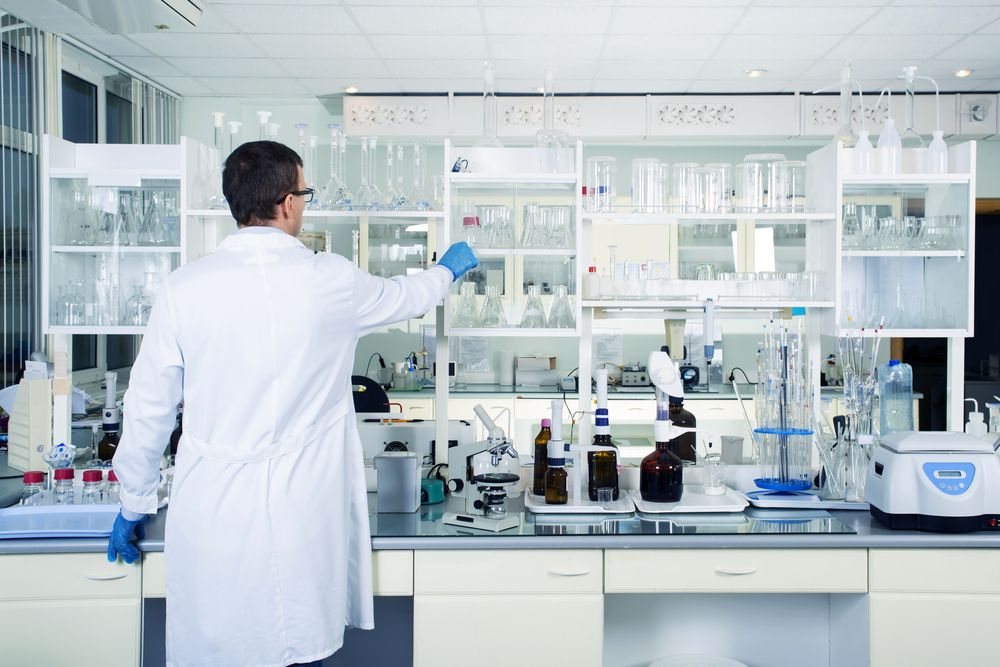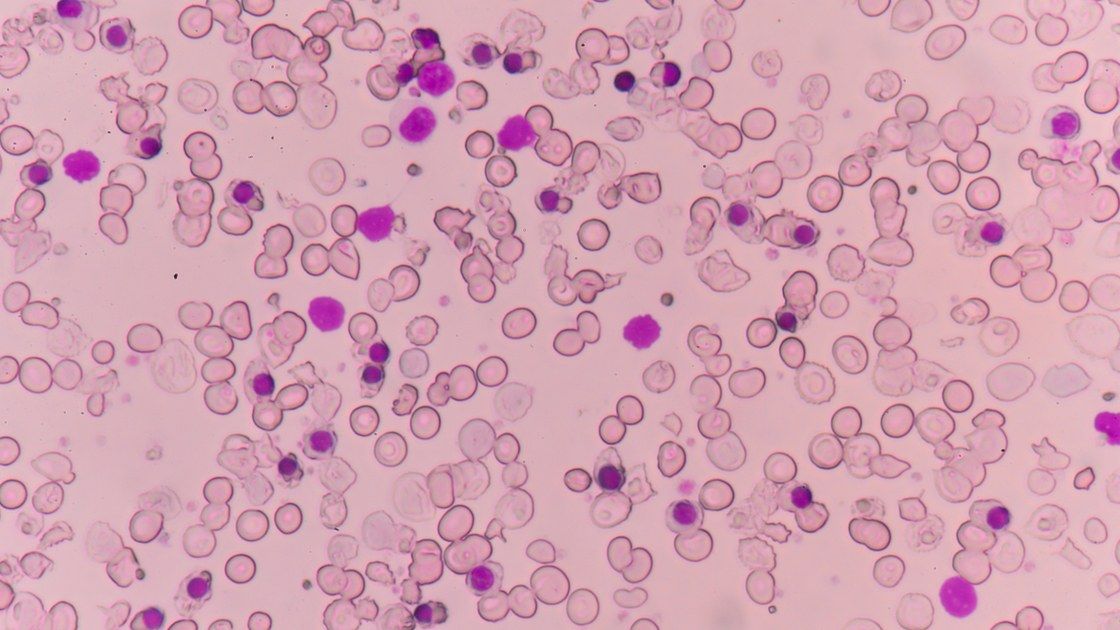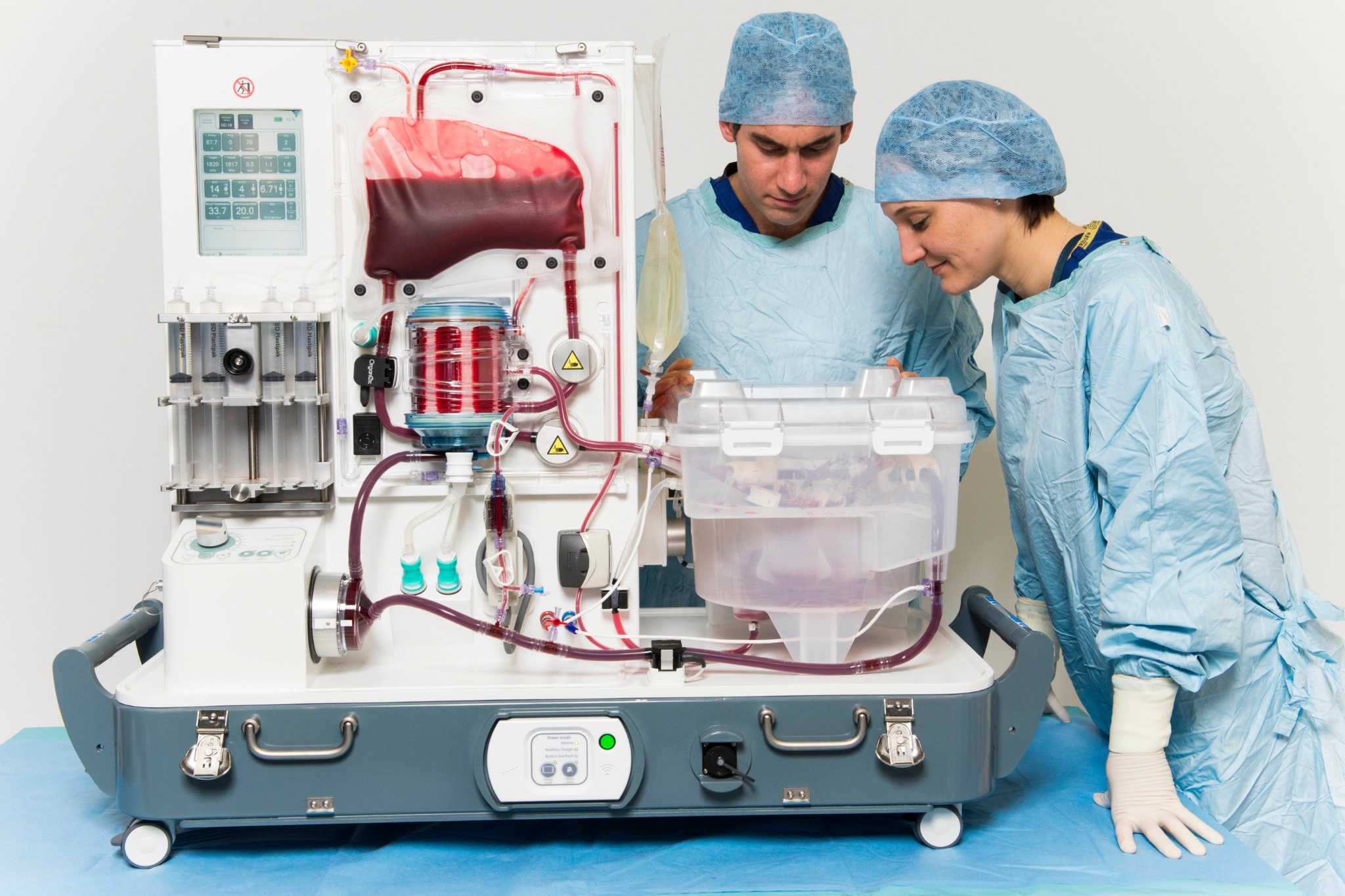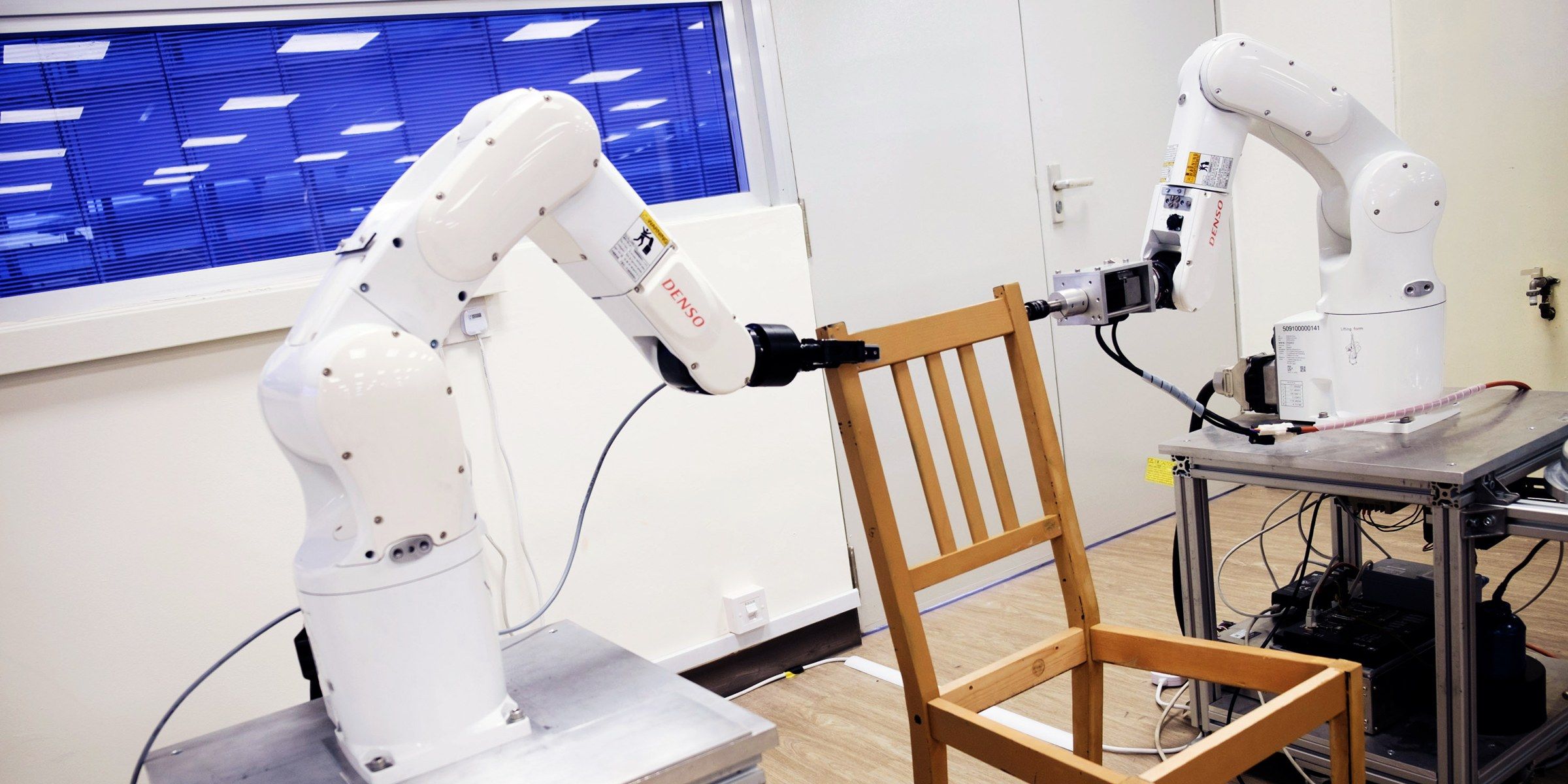Apr 18, 2018
YC Bio Providing Lab Space for Biotech Startups Working on Aging
Posted by Steve Hill in categories: biotech/medical, life extension, space
Y Combinator announces the first wave of support for biotech startups working on aging.
Earlier this year, the Y Combinator (YC) community showed interest in supporting biotechnology focused on healthspan and age-related disease. The YC community is an influential part of the Bay Area technology-focused industry in California. It was great to hear that it was planning to support biotech startups working on aging through its YC Bio program.
The first area we’re going to focus on is healthspan and age-related disease—we think there’s an enormous opportunity to help people live healthier for longer, and that it could be one of the best ways to address our healthcare crisis.
Continue reading “YC Bio Providing Lab Space for Biotech Startups Working on Aging” »


















